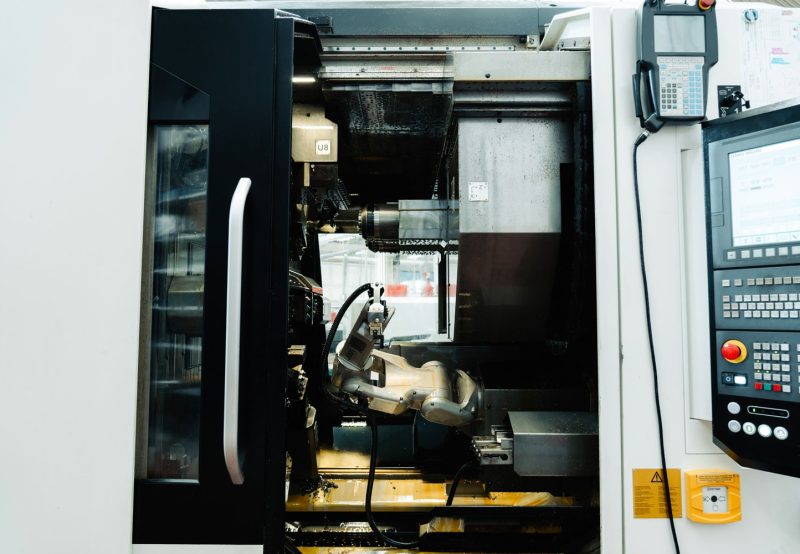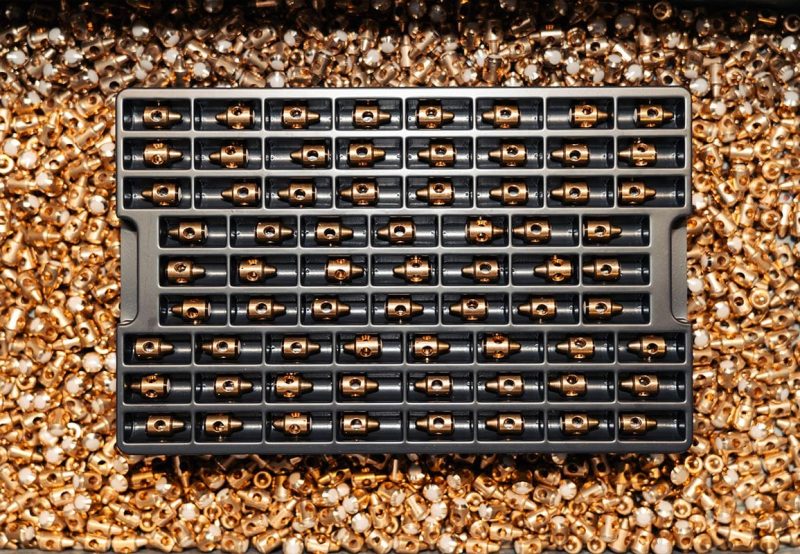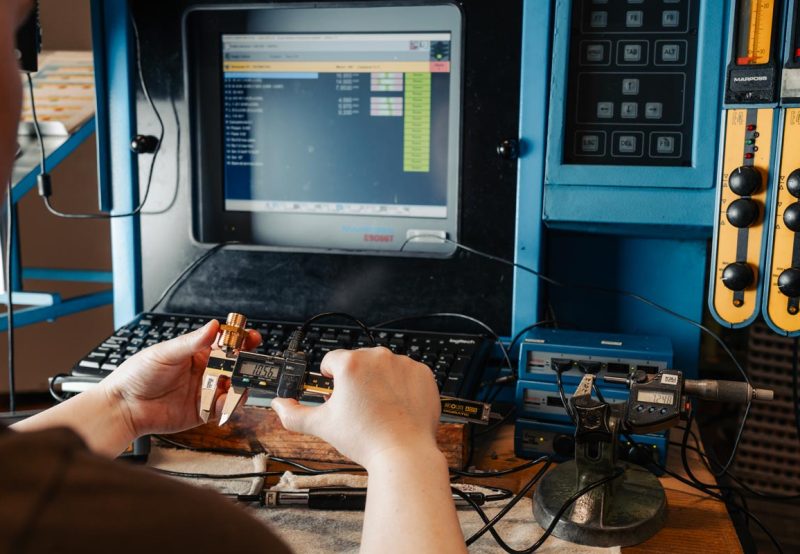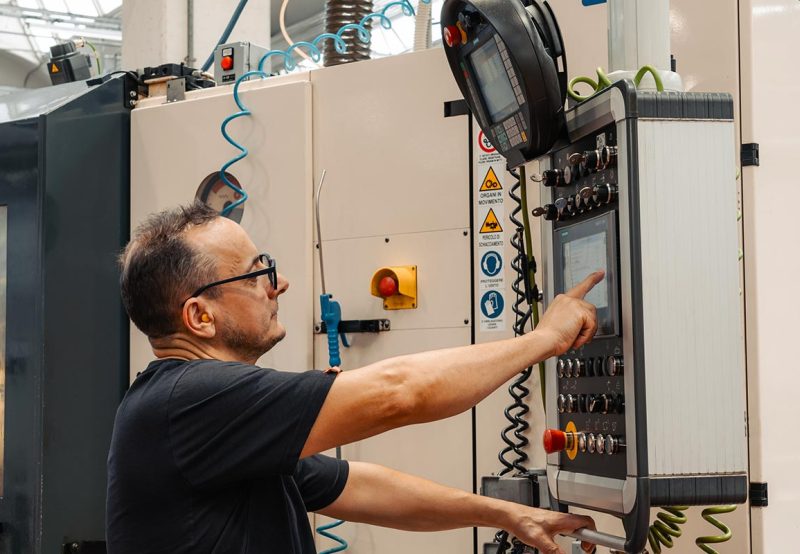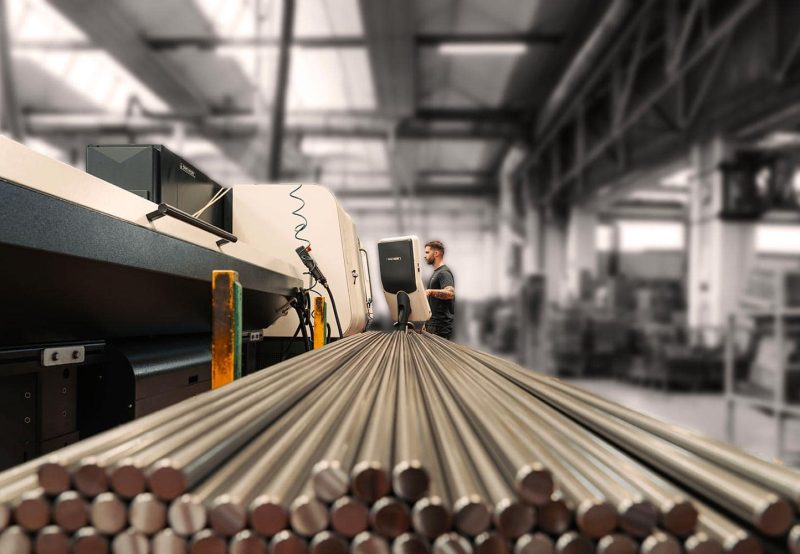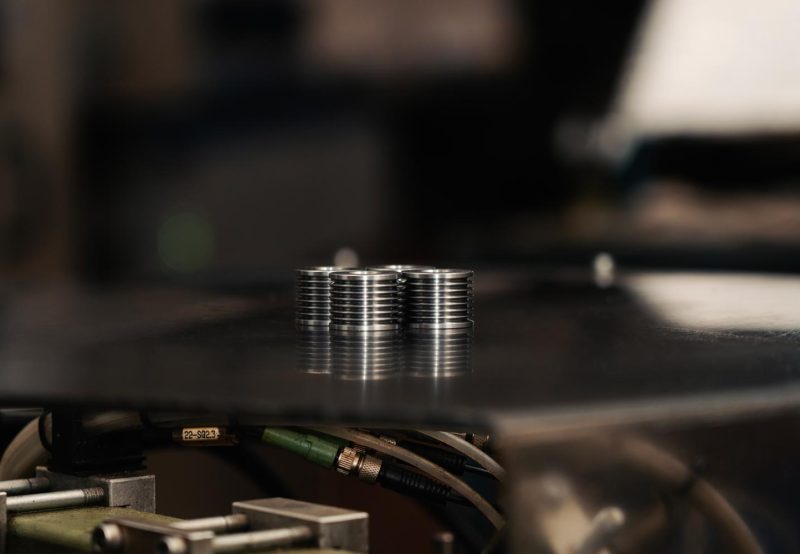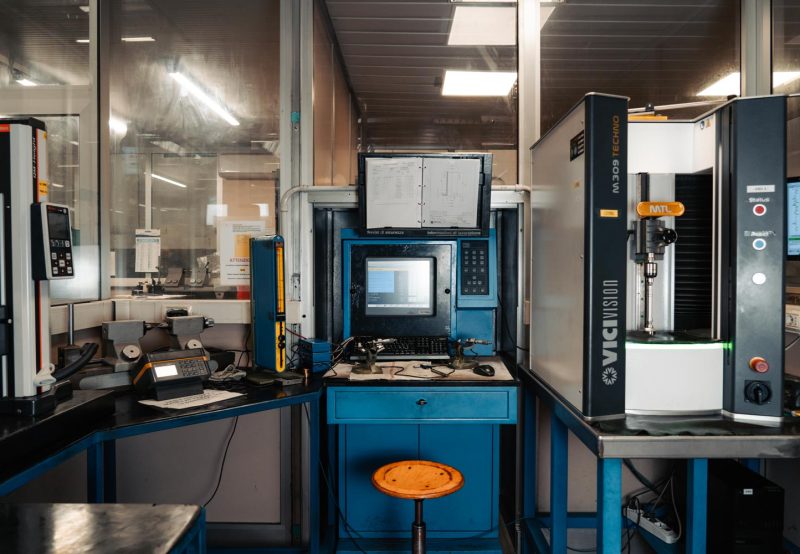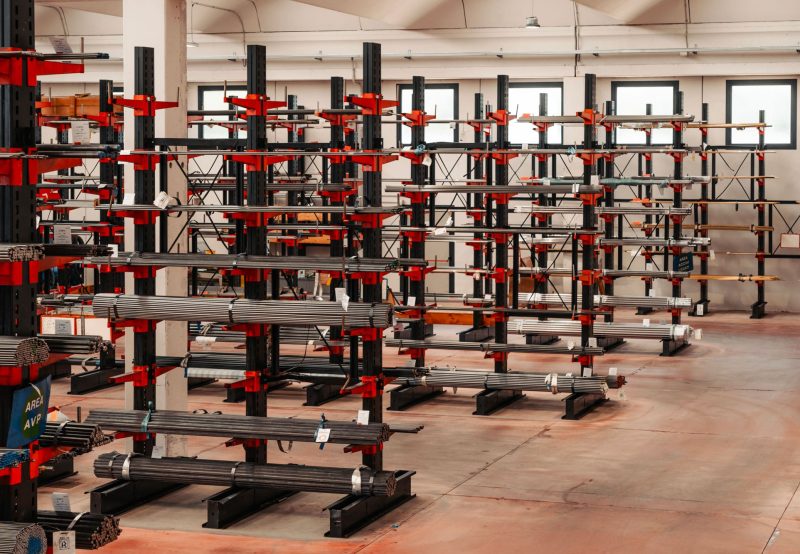In the industrial manufacturing world, the quality and durability of critical components are essential to ensure optimal performance and long service life of machines. Automatic turning is a key technology in this context, but it presents certain critical issues that must be addressed to achieve the best possible results.
Automatic Turning: Quality and Precision for Critical Components
Automatic turning is an advanced technique that allows the production of components with extremely high precision, minimizing waste and optimizing production times. However, to achieve excellent results, certain critical issues need to be tackled. Among these, material selection, management of machining parameters, and quality control are fundamental aspects. The introduction of metal components with technopolymer inserts represents an innovative solution to further improve the quality and durability of the finished products.
Advantages of Components with Technopolymer Inserts
Metal components with technopolymer inserts offer a unique combination of strength and flexibility, making them ideal for critical applications. Technopolymer ensures greater wear resistance and reduces friction on contact surfaces. This results in increased component durability and less need for maintenance, leading to lower operational costs. Additionally, the lightweight nature of technopolymer helps improve the overall performance of the system in which it is integrated.
Superior Durability and Advanced Performance
Investing in high-quality and durable components translates into greater operational efficiency and reduced machine downtime. This reflects an increase in market competitiveness and an improvement in ROI. These aspects must be carefully considered to optimize plant performance and ensure sustainable and high-quality production.
Automatic turning is a crucial technology for producing high-quality critical components. Addressing the process’s critical issues and leveraging innovative solutions, such as metal components with technopolymer inserts, can significantly improve the quality and durability of finished products. Investing in these advanced technologies is essential to ensure optimal performance and a competitive edge in the industrial market.

